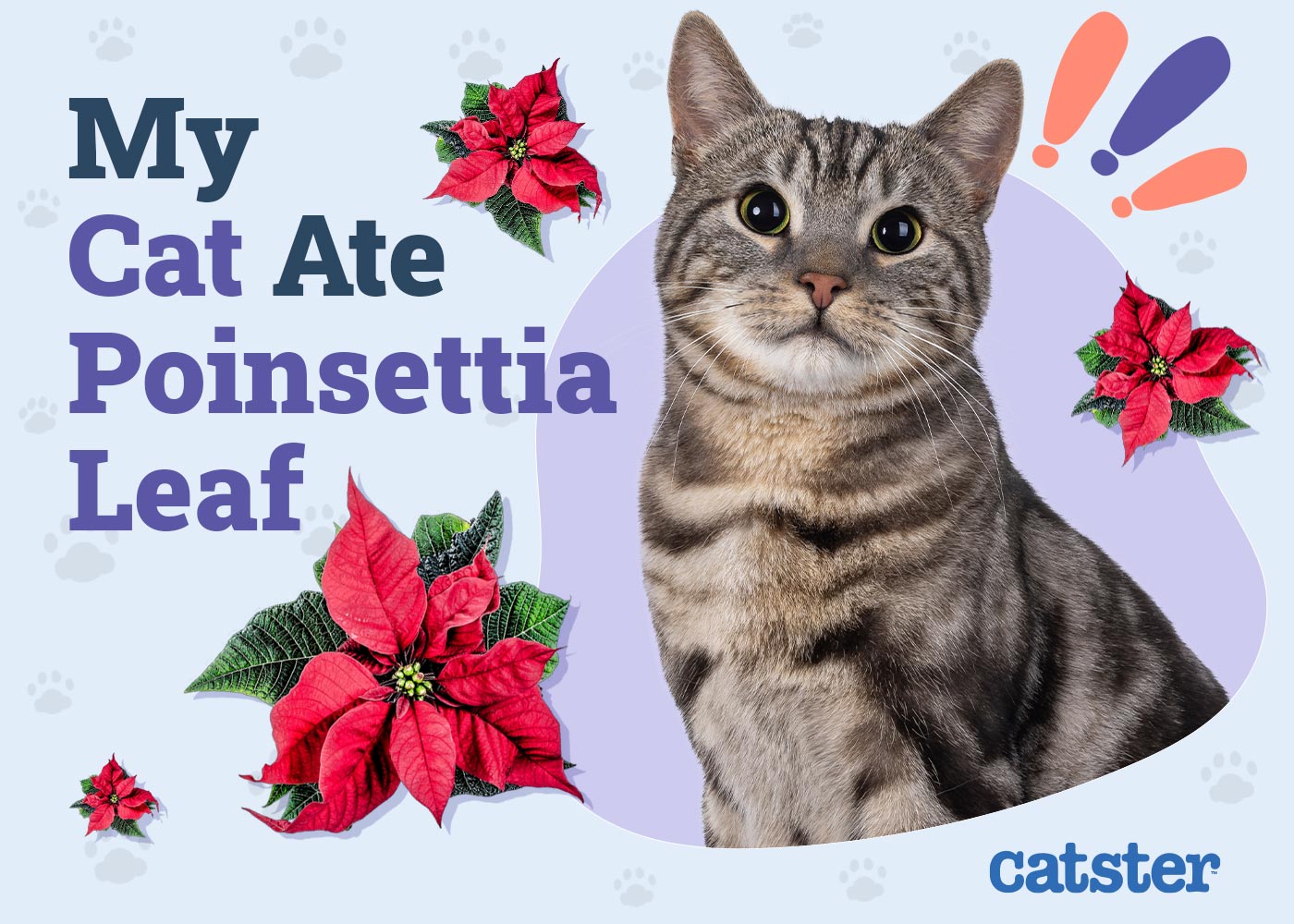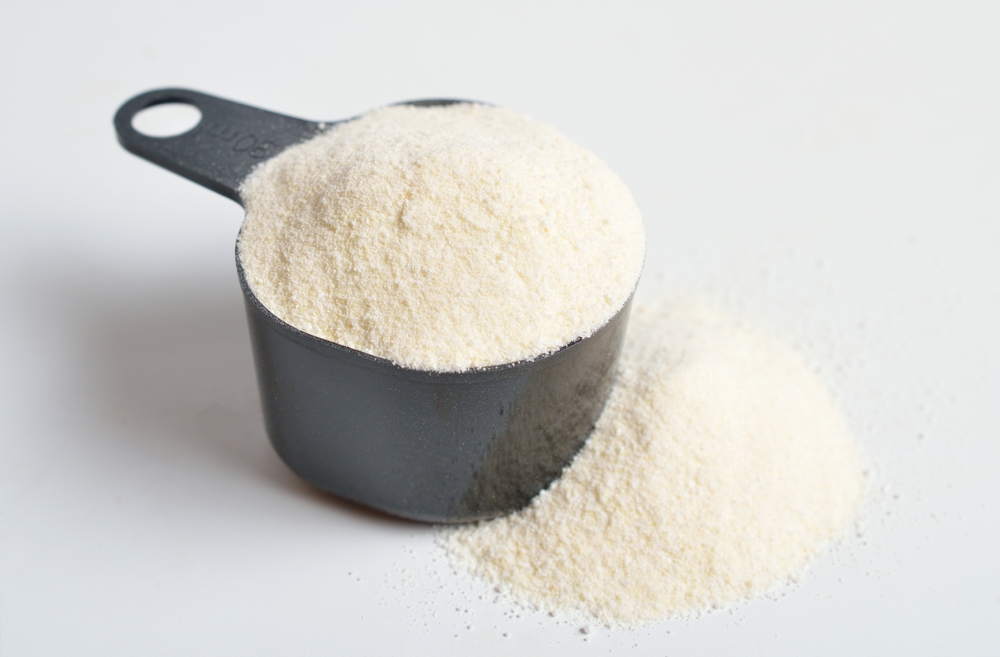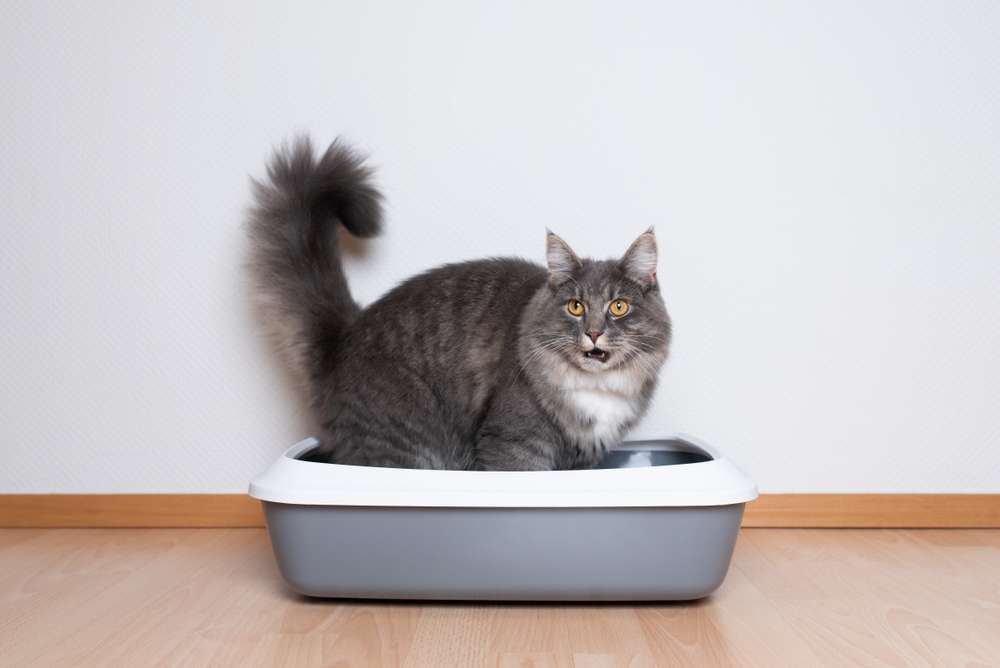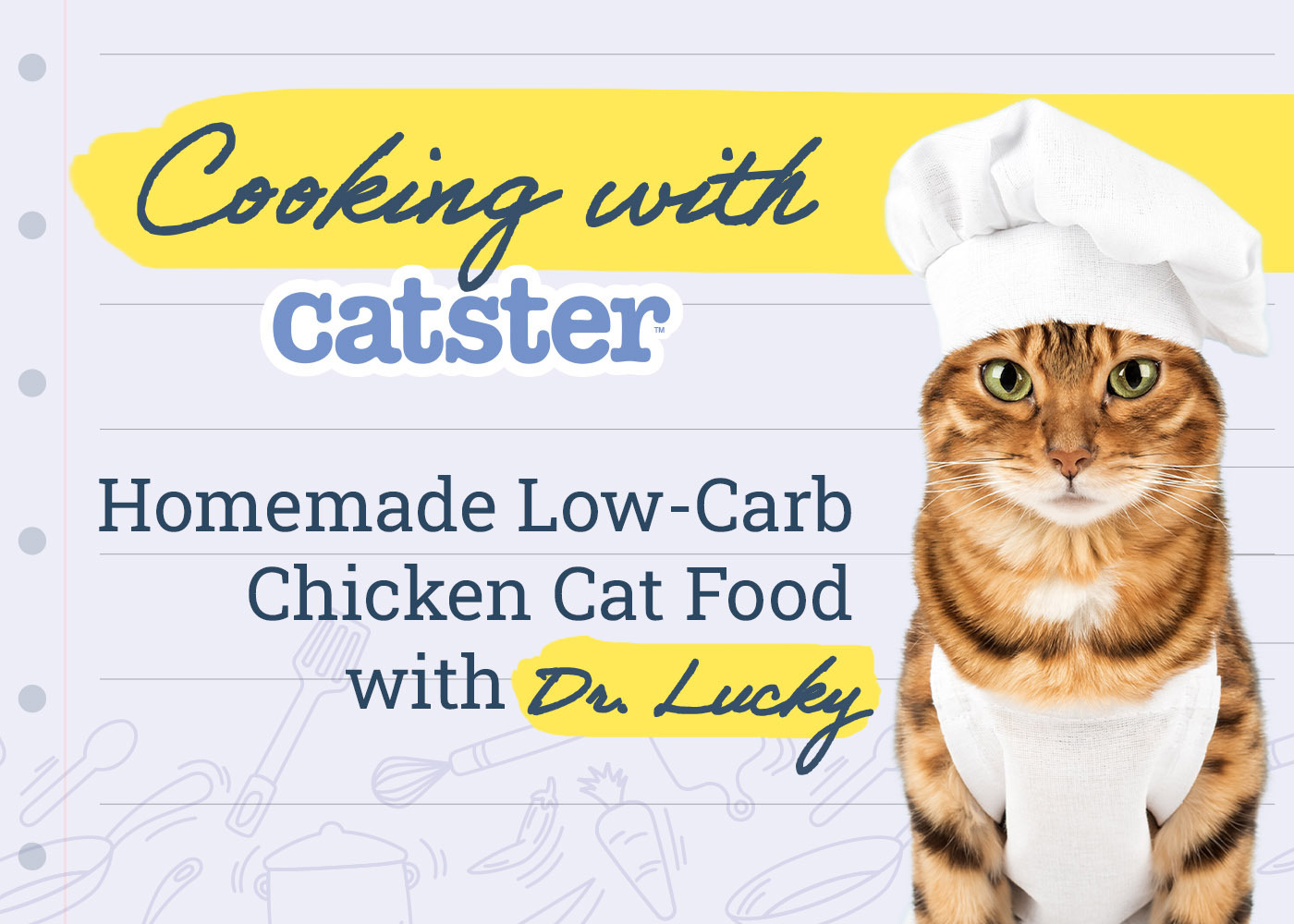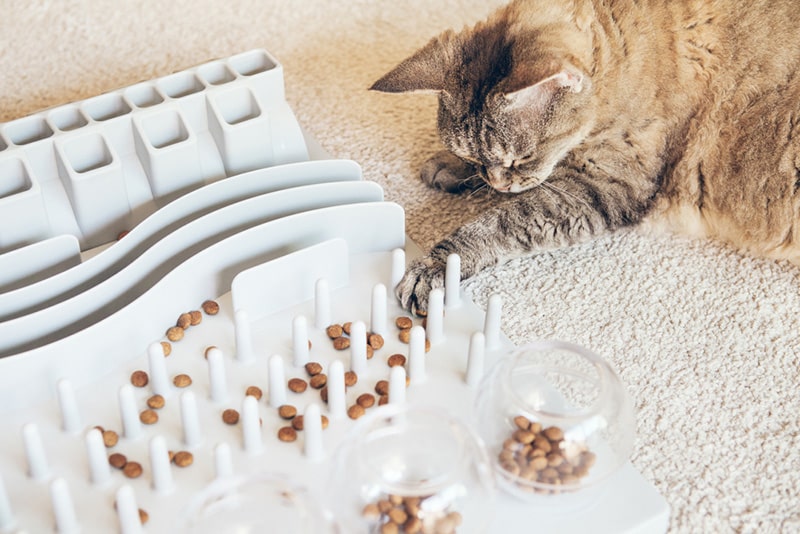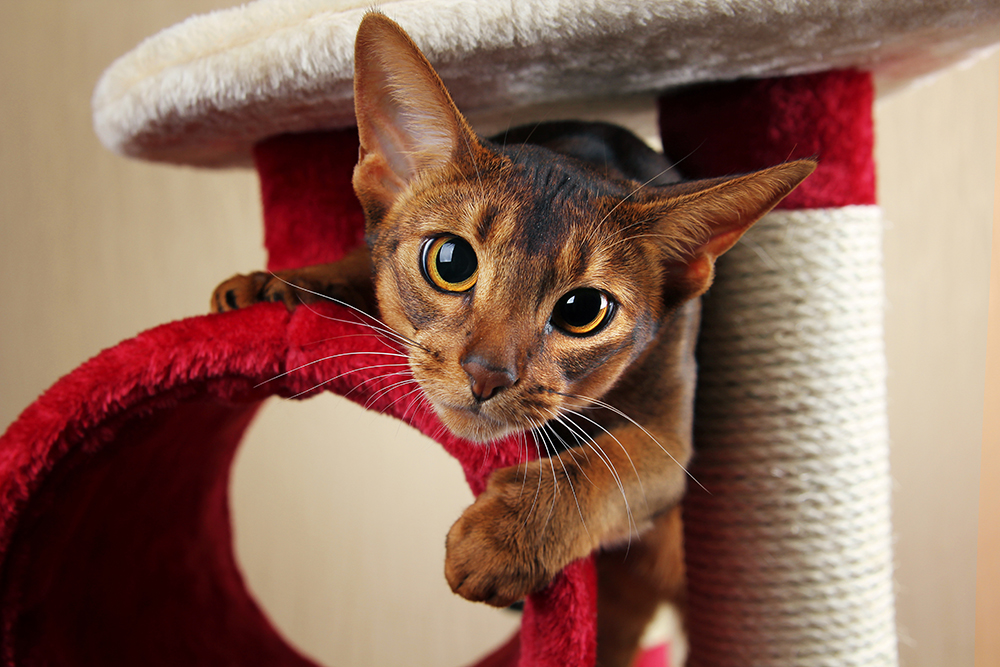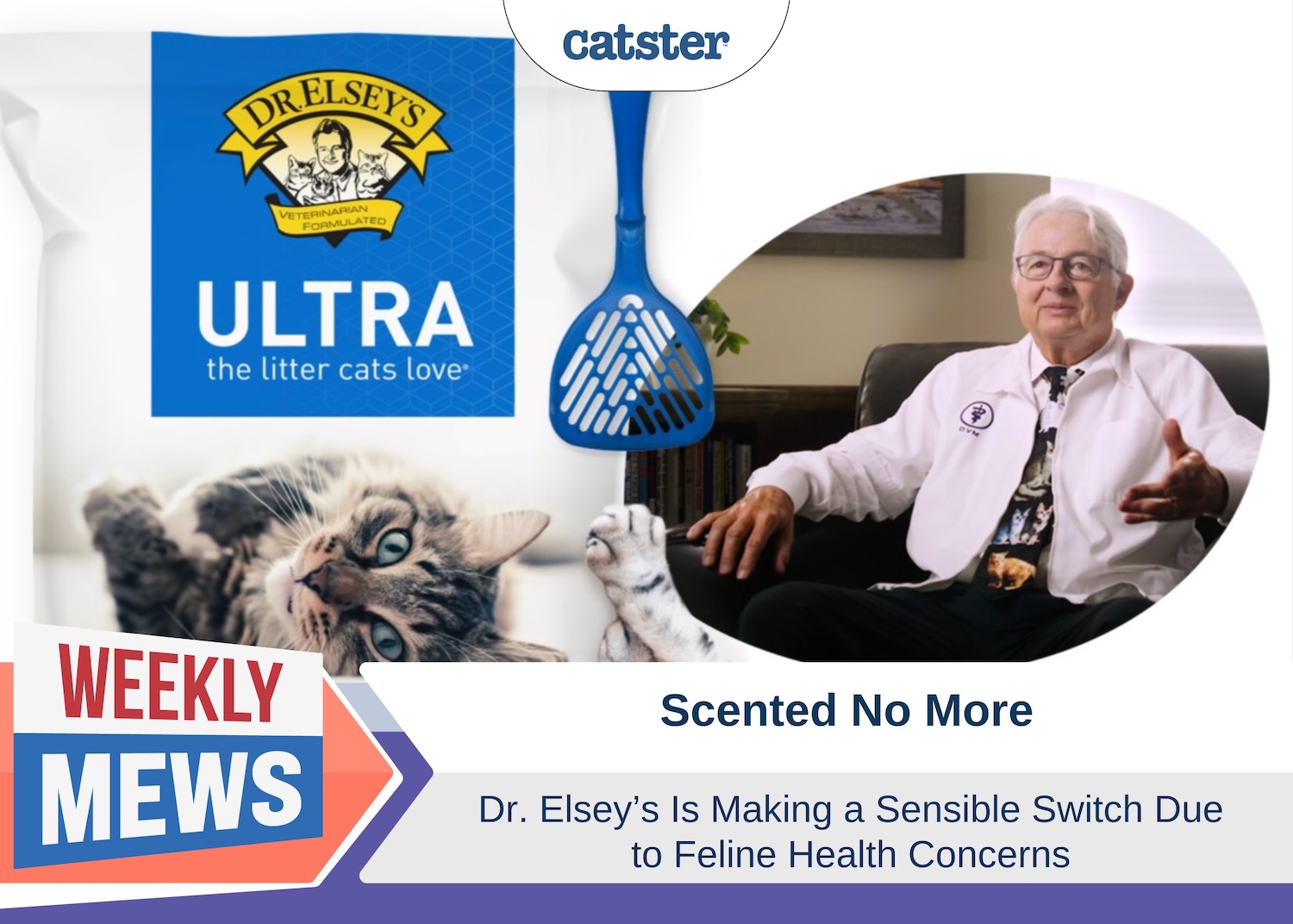Click to Skip Ahead
On almost every list of toxic plants for cats, especially holiday lists, you’ll see poinsettias listed. The good news is that poinsettias are very mildly toxic to cats, and a cat would have to eat many leaves in one sitting to pose a significant danger to them, more than a single leaf or the chewing on leaves that would normally occur.
If your cat has eaten a poinsettia leaf, here’s what you need to know.

What Are Poinsettias?
Scientific name Euphorbia pulcherrima, these are popular holiday plants that are commonly used as table decorations around Christmastime in the United States. They are tropical plants with gorgeous bright red leaves. Poinsettia leaves contain a sap that can cause contact dermatitis if rubbed onto the skin, which can also cause irritation to the mouth and GI tract if ingested by a cat.
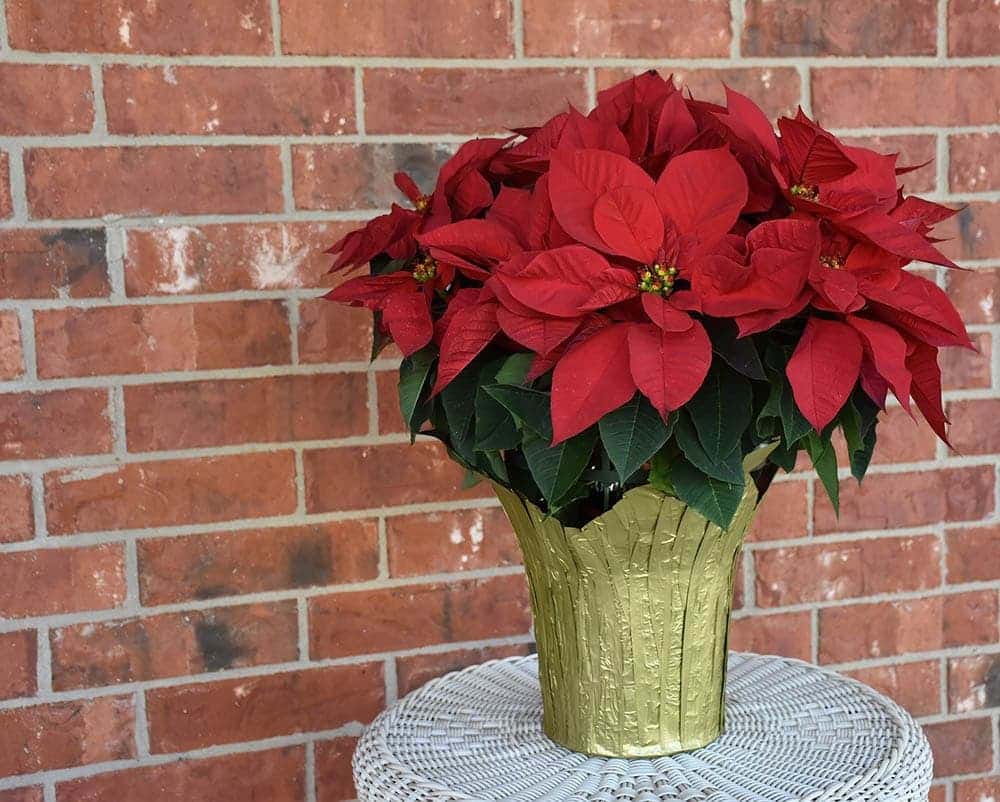
What to Do if a Cat Eats a Poinsettia Leaf
If possible, try to note how many leaves you think your cat has eaten and when it could have happened. Then contact the Pet Poison Helpline. For a fee, this service has specialists ready to check the risk to your cat from ingesting any poinsettia leaves. While significant complications from eating poinsettia leaves are rare for cats, they can help guide you on the next steps and how likely your cat is to feel ill.
- Hypersalivation (drooling)
- Lip licking
- Vomiting
- Diarrhea
- Redness, swelling, or bumps with or without itch, on the skin or around the eyes
- Decreased appetite
Seek veterinary advice if you’re concerned about your pet’s well-being.
If you need to speak with a vet but can't get to one, head over to PangoVet. It's an online service where you can talk to a vet online and get the advice you need for your pet — all at an affordable price!
Supportive Care for a Cat That Eats a Poinsettia Leaf
In most cases, when a cat eats a poinsettia leaf, veterinary intervention will not be necessary. That doesn’t mean your cat might not be at home and uncomfortable, though. If they are showing any signs of having eaten a poinsettia leaf but have been advised to stay home by the Pet Poison Helpline, these signs should resolve within a couple of hours to a day or so.
It’s important to offer water and food to your cat to help clear anything from their mouth. If they develop vomiting or diarrhea, it’s usually best to switch them to a bland diet.
A bland diet is made of boiled boneless, skinless, non-seasoned chicken breast, shredded, mixed half and half with cooked white rice. Feed the same volume of food you normally would but made from the chicken and rice mixture. You can also mix one teaspoon of 100% pumpkin puree into each meal as a source of fiber.
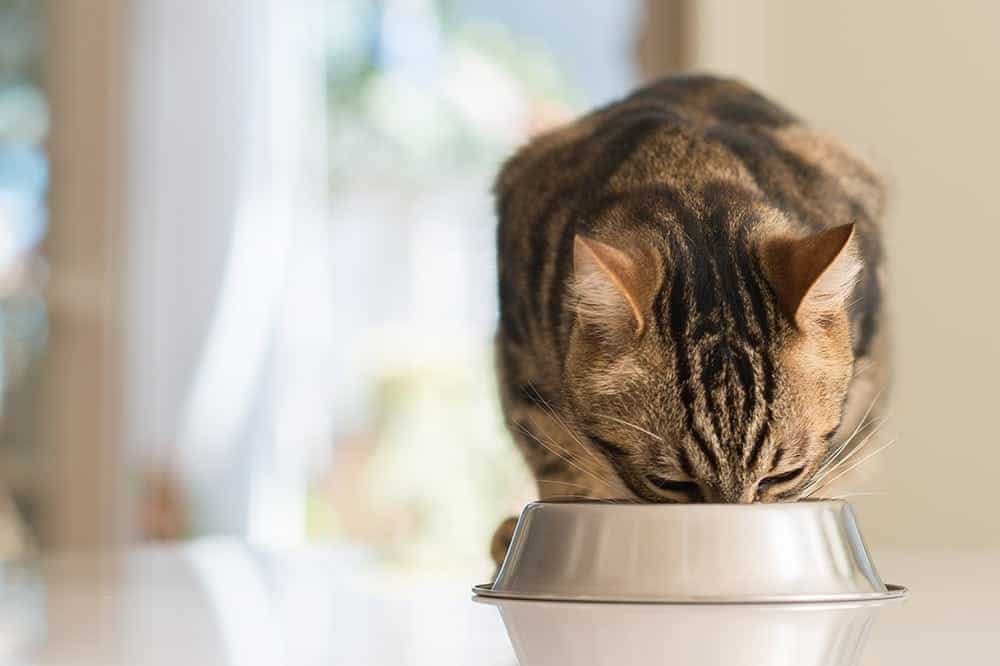

Frequently Asked Questions (FAQ)
Can my cat die from eating a poinsettia leaf?
Poinsettias are far less toxic than most people realize, and it is very rare for a cat to ingest enough leaves from this plant to suffer serious health consequences, nonetheless death. Unless they have an allergic reaction to the plant or are already very ill for another reason, eating a poinsettia leaf should not be fatal to a cat and may not cause any signs of illness at all.
Do I need to take my cat to the ER if they eat a poinsettia leaf?
In most cases, no. It’s best to contact the Pet Poison Helpline for more in-depth advice, but since poinsettias are so mildly toxic to cats, it’s rare for them to eat enough of the plant to need medical care from a veterinarian.

Conclusion
While technically toxic, poinsettias are far less dangerous than most people think and do not present an immediate health threat to cats. Eating a single poinsettia leaf is likely to cause little to no problems for a cat, and they would need to eat several leaves to be at risk of more significant illness.
If your cat does eat a poinsettia leaf, it is still best to contact the Pet Poison Helpline just in case, but otherwise, they will usually get better on their own, if they get sick at all.
Featured Image Credit: Robert Woeger, Unsplash

